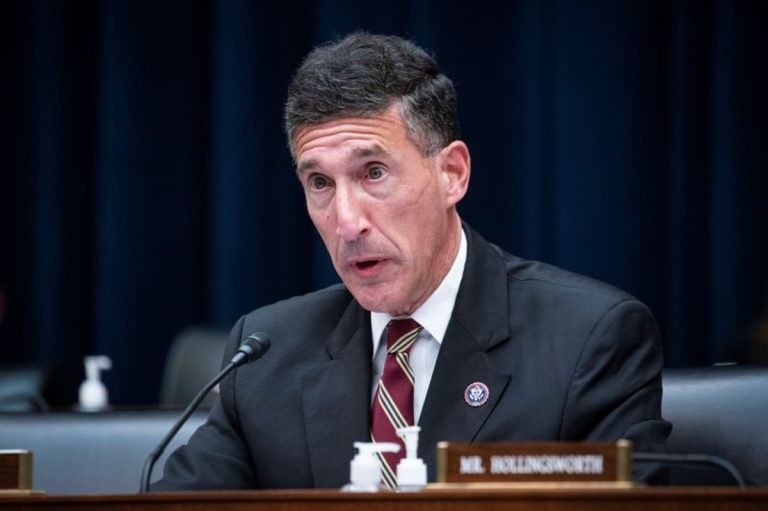🎧 Listen to This Article
The Hidden Rift in Republican Tax Reform: A Clean Energy Tug-of-War
In a year dominated by fiscal brinkmanship, Republican lawmakers crafting an extension to the Trump-era tax cuts now find themselves at a paradoxical crossroads: the districts they represent are thriving on clean energy investments made possible by policies they’re now being pressured to repeal.
At the center of this tension is the Inflation Reduction Act of 2022—a Biden-era legislative victory that unlocked hundreds of billions in clean energy tax credits. While the GOP has broadly opposed the Act for its expansive government spending and perceived “green overreach,” a growing number of Republican-held districts have quietly become the biggest beneficiaries of the bill’s economic windfall.
According to data from Atlas Public Policy and Utah State University, more than $125 billion of clean energy investment—over 75% of the national total—has flowed directly into Republican districts. Ford and SK Innovation have invested over $6.5 billion in Tennessee’s 8th District alone, represented by Ways & Means Committee member Rep. David Kustoff. Other lawmakers, like Rep. Mike Carey (OH) and Rep. Rudy Yakym (IN), have similarly touted EV and battery plant investments and the thousands of jobs they bring—without publicly defending the tax credits that enabled them.
The Politics of Hypocrisy Meets Real-World Economics
For lawmakers like Kustoff, this isn’t just a philosophical dilemma—it’s an electoral one. Clean energy projects are now embedded in local economies, providing tangible results: jobs, infrastructure, and industrial revitalization. Their repeal could endanger future development and trigger local political backlash.
Yet, the GOP budget strategy includes calls to repeal green energy tax credits “to the fullest extent possible” as a revenue offset for extending the 2017 tax cuts—an effort that could cost over $4.5 trillion in the next decade. With Republicans seeking at least $1.5 trillion in spending cuts, green tax incentives are an attractive target.
This rift is emblematic of a broader strategic fracture in the party: traditional fiscal conservatism versus modern economic pragmatism. Former President Trump, a vocal critic of EVs, now seeks political alignment with Tesla, muddying the waters further.
The economic risks of backpedaling on clean energy tax support are real and measurable. Repealing credits could:
- Jeopardize over $165 billion in clean energy manufacturing investments already announced.
- Undermine thousands of jobs, especially in rural and post-industrial districts desperate for revitalization.
- Signal regulatory instability that could deter foreign and private investors from U.S. energy infrastructure.
Conversely, maintaining the credits could strain GOP unity and contradict campaign rhetoric about reducing federal spending and ending “woke energy” subsidies.
This growing ideological mismatch suggests that we are witnessing the early stages of a Republican policy recalibration, where districts’ economic interests are forcing lawmakers to confront the consequences of party-line orthodoxy.
What’s the Path Forward?
To navigate this impasse, Republican tax writers need to consider three strategic shifts:
- Carve-out exemptions for legacy projects or investments already committed—offering a political compromise without alienating local economies.
- Rebrand the credits under broader “energy independence” or “industrial policy” language to distance them from Biden’s climate agenda.
- Introduce guardrails and sunset provisions to rein in future spending while preserving current benefits—appeasing fiscal hawks without punishing current stakeholders.
This isn’t just a battle over tax reform. It’s a referendum on the GOP’s willingness to evolve in response to economic realities. Quietly, the party is being pulled into a green energy future—dragging its rhetoric behind it.
For further details, clarification, contributions, or any concerns regarding this article, please contact us at editorial@tax.news. We value your feedback and are committed to providing accurate and timely information. Please note that our privacy policy will handle all inquiries



